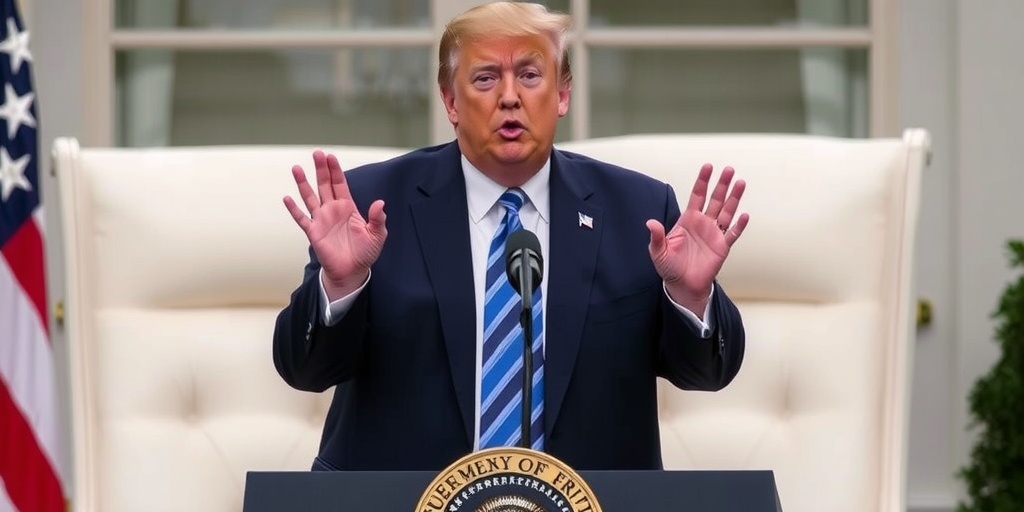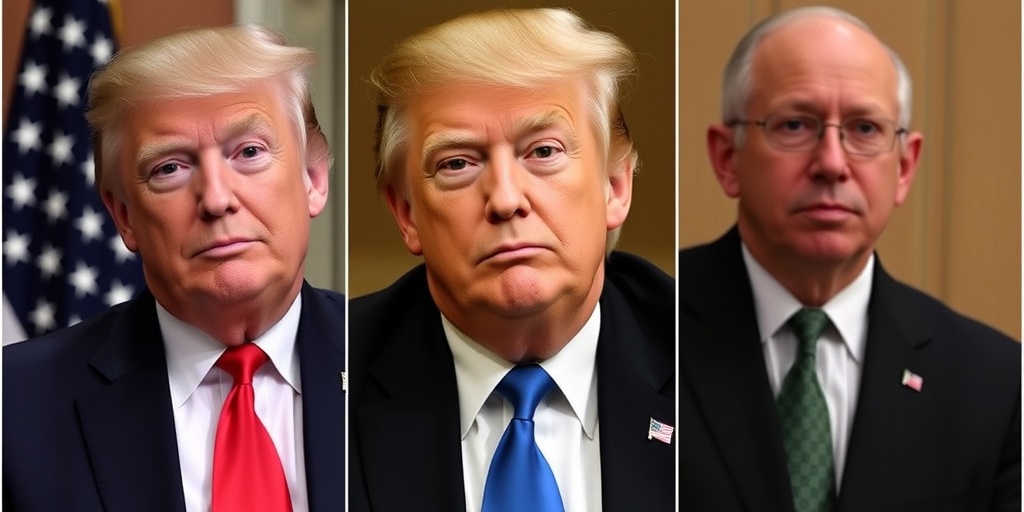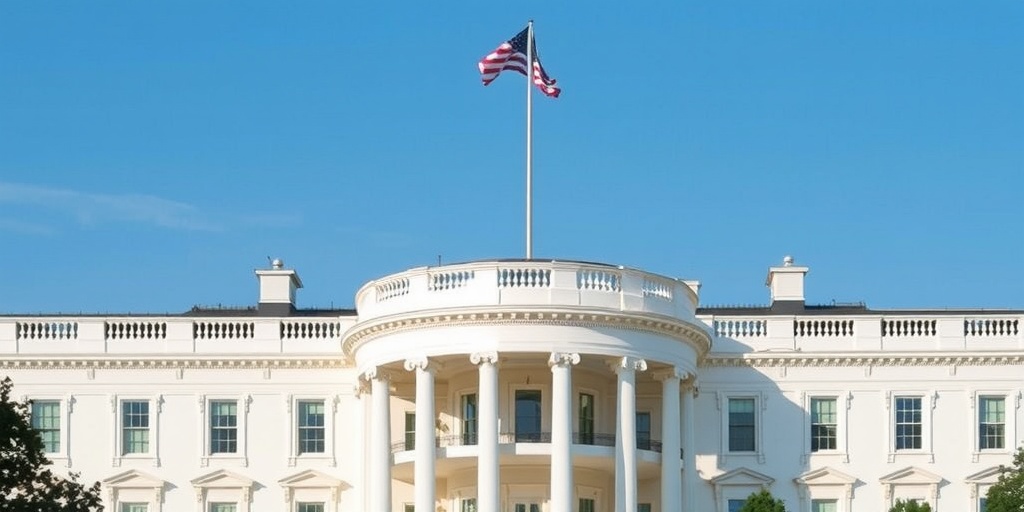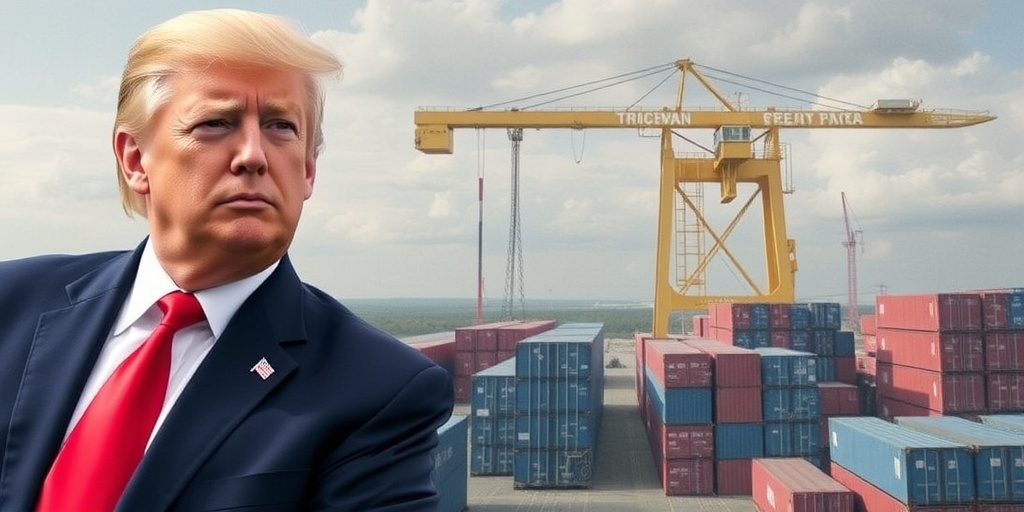Now Reading: Trump’s Influence Fuels Distrust, Alienating U.S. Allies
-
01
Trump’s Influence Fuels Distrust, Alienating U.S. Allies
Trump’s Influence Fuels Distrust, Alienating U.S. Allies

Title: A Shift in Global Alliances as Trust in the U.S. Wanes
In recent years, the longstanding trust that many countries have placed in the United States as an ally has been increasingly questioned, especially under the leadership of former President Donald Trump. The F-35 fighter jet program, initially hailed as a model of international cooperation among eight partner nations, now faces a critical juncture with the introduction of its successor, the F-47. Trump emphasized that the version of the F-47 sold to allied nations would intentionally be less advanced, a sentiment he justified by suggesting that alliances could change, stating, “because someday, maybe they’re not our allies.”
Such remarks have fueled concerns among U.S. allies about the reliability of American commitments. Countries that have historically relied on U.S. support are now reassessing their security and economic strategies in light of Trump’s assertive and often unilateral approach to foreign policy. The idea of a more transactional relationship, in which cooperation is conditional and trust is fragile, has led many nations to reevaluate their own positions.
Amid rising tariffs and trade tensions, several countries have begun to seek alternatives to traditional partnerships with the U.S. Canada, for example, entered a significant $4.2 billion agreement with Australia to develop advanced radar technology and is exploring collaboration with the European Union on defense efforts. Meanwhile, NATO member states like Portugal express hesitance toward purchasing F-35 jets, citing concerns over American control of critical system components.
Moreover, the European Union has seen an accelerated push toward establishing free trade agreements, particularly with India, as nations look to reduce dependence on the U.S. In another startling shift, Brazil is increasing trade with China, even opting to transact in the Chinese yuan rather than the dollar, signaling a significant move away from reliance on American currency.
The trajectory of relationships is not confined to trade. Several allied nations, including Poland, South Korea, and Australia, are exploring independent paths for security. Discussions within these countries have begun to address the possibility of acquiring or securing nuclear armaments as a hedge against future uncertainties regarding U.S. support.
These developments reflect a broader sentiment taking hold in many parts of the world. There has been a noticeable trend of distancing from U.S. influence, particularly as nations become more self-reliant and less convinced of America’s enduring relevance on the global stage. This shift has been accelerated by the Trump administration’s approach, which has fostered an atmosphere of mutual distrust.
The psychological impact of skepticism on international relations cannot be overstated. Historical precedents reveal that distrust can poison negotiations and lead to prolonged conflicts—such patterns are visible in relationships historically characterized by adversarial dynamics like that of the Palestinians and Israelis or during the decades-long Cold War between the U.S. and the Soviet Union.
As Trump’s presidency progresses, allies find themselves subjected to a barrage of protective measures from Tariffs on imports to threats that undermine their sovereignty, such as attempts to stretch U.S. military power into neighboring countries like Mexico. Such actions have contributed to an emerging consensus among U.S. allies that America may no longer be the dependable protector it once was regarded as.
In Canada, the effects of this erosion of trust are particularly pronounced. Traditionally, the Canadian government has held a belief in the U.S. as a trustworthy neighbor. However, this perspective has shifted dramatically. Prime Minister Mark Carney remarked that Canada’s relationship with the U.S. is “over,” fueled by Trump’s actions that have violated the established expectations of collaboration.
In response, a movement has arisen in Canada advocating for "Buy Canadian" initiatives, encouraging a reduction in American imports and prioritizing domestic consumption. Such grassroots actions reflect a growing sentiment of economic patriotism aimed at reducing reliance on the U.S.
Simultaneously, Canada is contemplating significant infrastructural changes aimed at enhancing resilience against shifts originating from the U.S. This includes building infrastructure to facilitate trade and resources directed toward Asian and European markets instead of the historically favored U.S. market.
Across the Atlantic, Europe is also furthering its efforts independent of U.S. influence. With recent trade agreements finalized with Latin America and strategic collaborations forged with countries like India and South Korea, Europe is enhancing its global economic posture. Expanding defense capabilities, prompted by distrust in U.S. commitments, is now a priority, as evidenced by the EU’s announcement of plans to significantly increase military spending.
In Asia, major allies such as Japan are reading the geopolitical landscape with caution. The call for diversification of investments and the cultivation of new trade relationships reflect a recognition of an evolving global order where U.S. influence is waning.
As Defense Secretary Pete Hegseth pledges renewed attention to Asia, it remains apparent that many nations are forging ahead with their own strategies in response to perceived American unreliability. Reciprocal defense pacts and new coalitions are forming among countries seeking to deter regional threats, particularly from China.
Experts predict that the decline in trust will take years to mend, with long-term diplomatic efforts required to rebuild relationships historically characterized by strong collaboration. The growing skepticism about U.S. intentions underscores a reality where partners may not only seek alternative alliances but also question the existing frameworks of cooperation.
In a rapidly changing world dynamic, the ramifications of America’s shifting stance are profound. The rise of distrust and evolving geopolitical relationships signal a future of international relations marked by uncertainty and competition rather than cooperation. The challenge for the United States will be to restore its credibility and trustworthiness in the eyes of its allies.
Stay Informed With the Latest & Most Important News
Previous Post
Next Post
-
 01New technology breakthrough has everyone talking right now
01New technology breakthrough has everyone talking right now -
 02Unbelievable life hack everyone needs to try today
02Unbelievable life hack everyone needs to try today -
 03Fascinating discovery found buried deep beneath the ocean
03Fascinating discovery found buried deep beneath the ocean -
 04Man invents genius device that solves everyday problems
04Man invents genius device that solves everyday problems -
 05Shocking discovery that changes what we know forever
05Shocking discovery that changes what we know forever -
 06Internet goes wild over celebrity’s unexpected fashion choice
06Internet goes wild over celebrity’s unexpected fashion choice -
 07Rare animal sighting stuns scientists and wildlife lovers
07Rare animal sighting stuns scientists and wildlife lovers





















